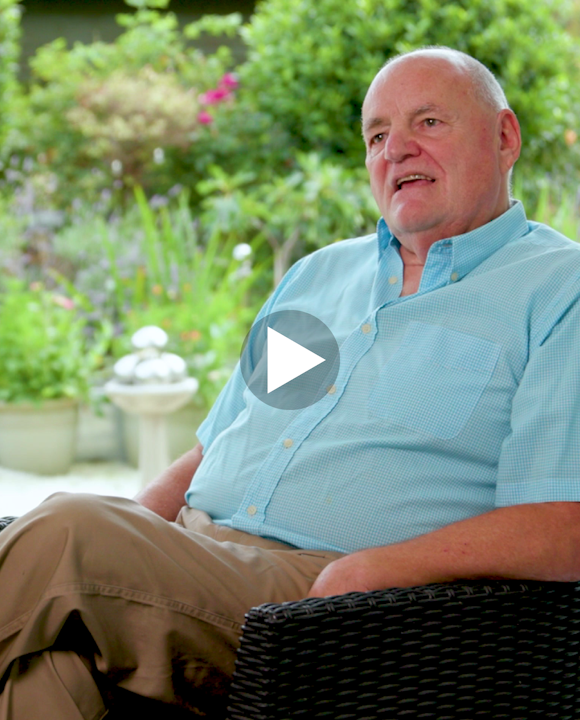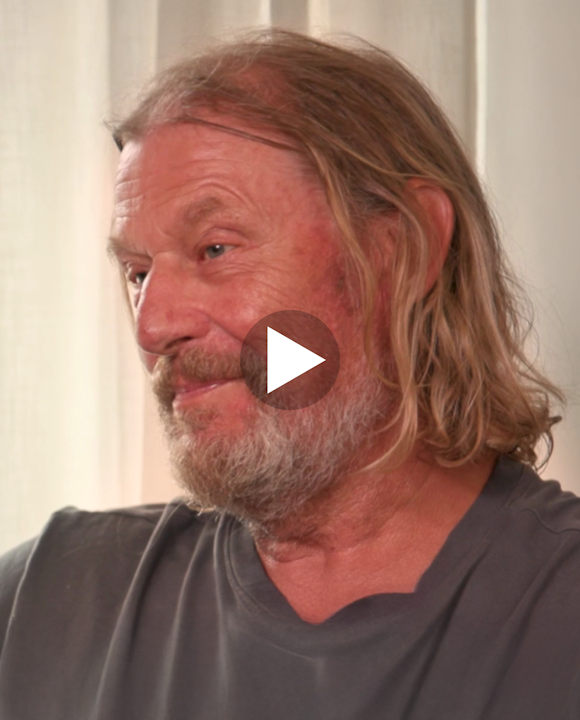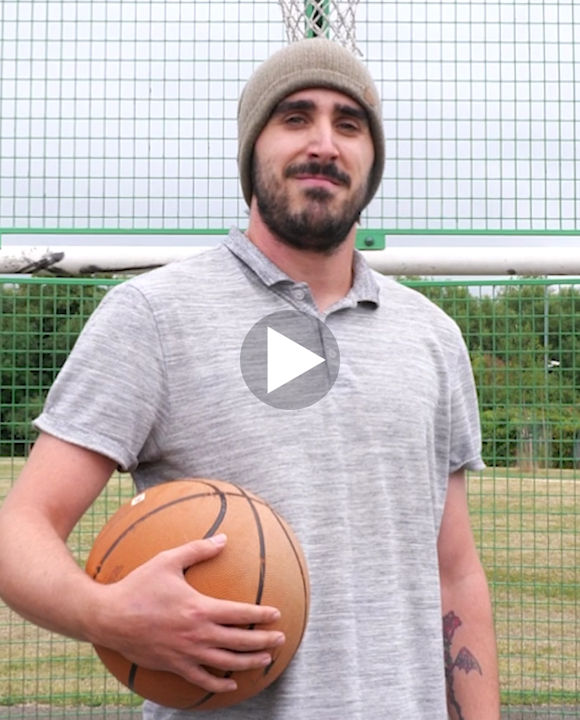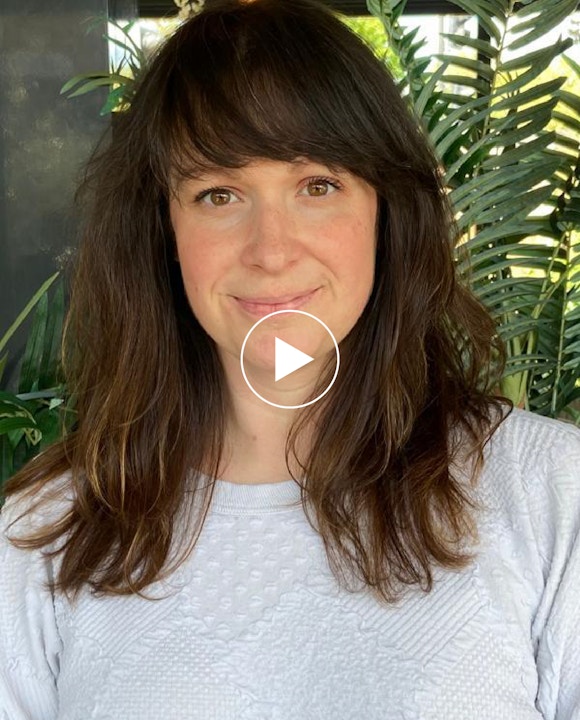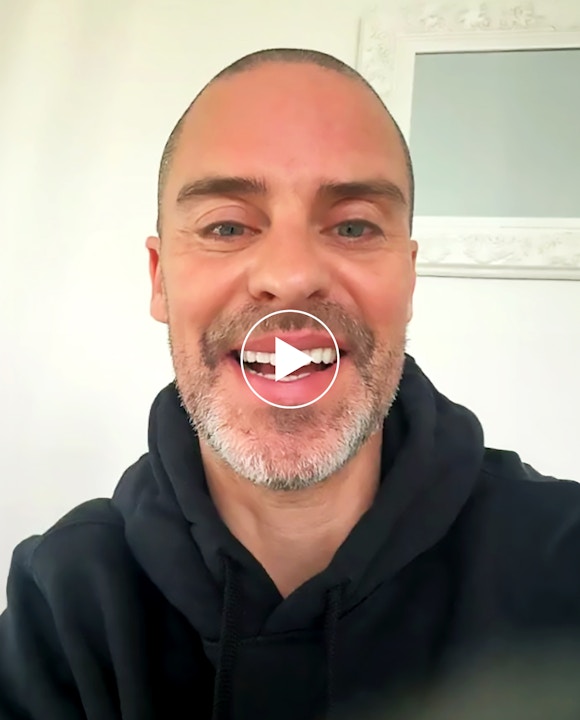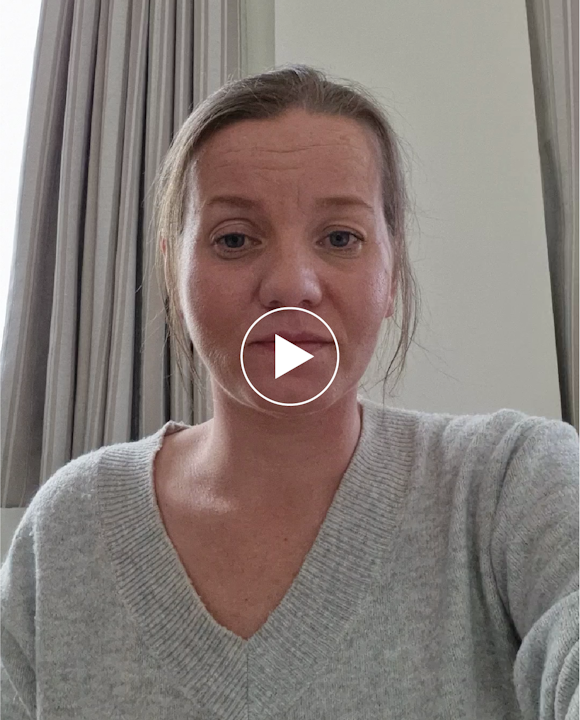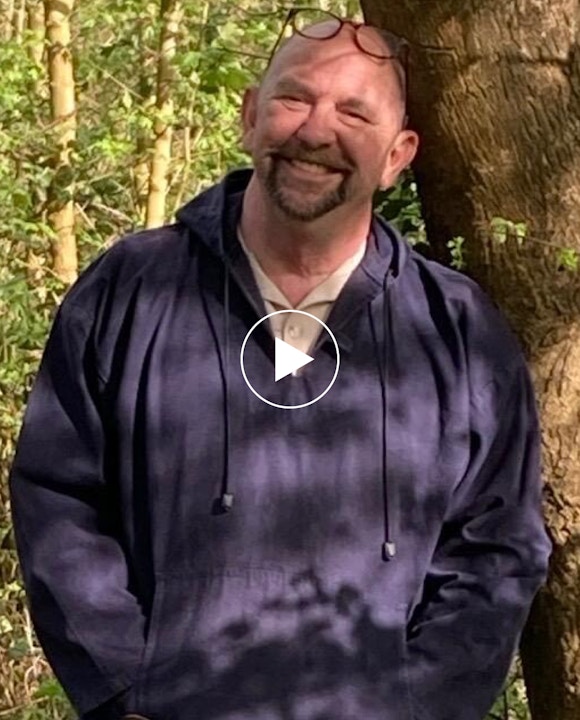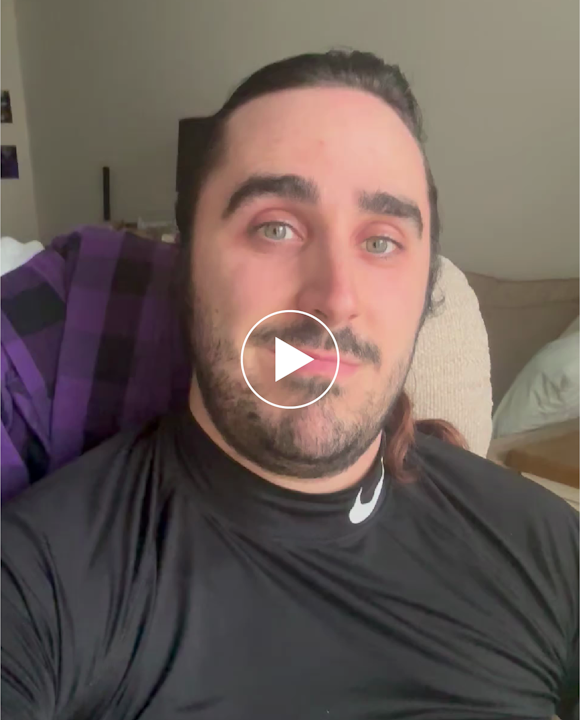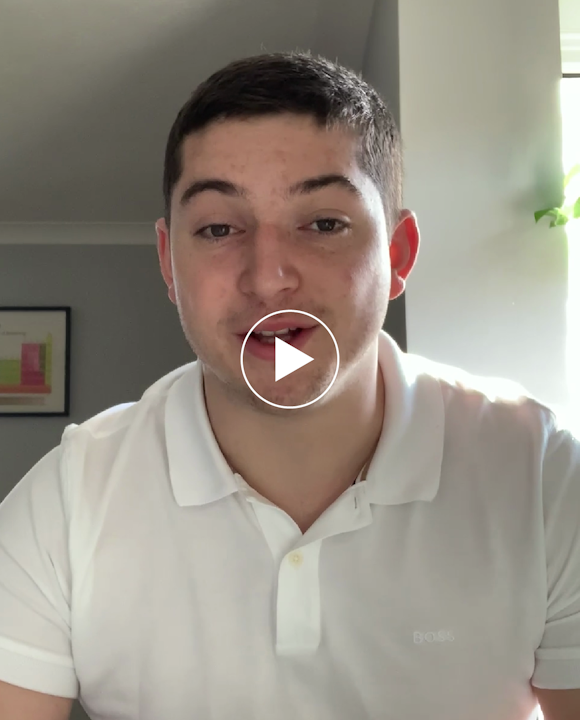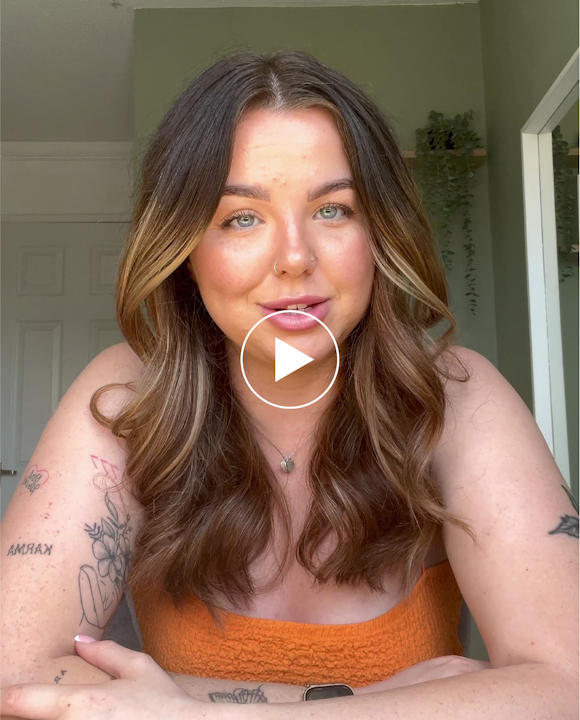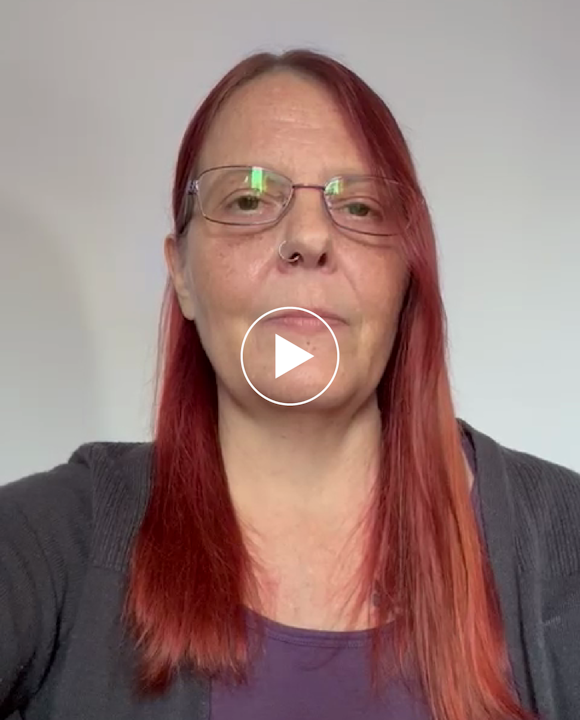Depression medical cannabis treatment
In the UK, depression is the most frequently diagnosed mental health condition, and it's estimated that almost 1 in 5 will experience depression during their lifetime. Because of the widespread effects' depression can have on a person’s emotional wellbeing, often their general wellbeing and overall quality of life also suffer at the hands of this disorder. While conventional talking therapies and antidepressants work for many, in the UK, a growing percentage are exploring alternative treatment methods to help manage their depression symptoms, and, medical cannabis is one of these options.
3 months
PHQ-9 questionnaire depression scores halved on average within 3 months of CBMP treatment shows the UK’s largest medical cannabis observational survey.
50%
An examination of over 3000 responses shows patients with depression experience a 50% reduction in symptoms after administering their cannabis-derived medicine.
10%
Prior to the COVID-19 pandemic, 10% of UK adults reported experiencing depression during their lifetime, but by 2021 this had risen to 17% of adults in the UK.
86 million
NHS England issued prescriptions for 86 million antidepressant items to an estimated 8.6 million patients, between 2022 and 2023 according to the NHSBHSA.
Symptoms
Changes in appetite
Continuous low mood or sadness
Disturbed sleep
Feeling irritable
Feeling tearful or hopeless
Having a lack of interest in things
Having low-self esteem
Lack of energy
Lack of motivation
If you are suffering from any of these symptoms. Please speak with your GP to find out more.
Treatment options:
When treating depression in the UK, the NHS typically recommend self-guided help, talking therapies or anti-depressants, or a combination of the two. There are a number of different types of anti-depressants conventionally prescribed by the NHS including selective serotonin reuptake inhibitors (SSRIs), serotonin and norepinephrine reuptake inhibitors (SNRIs), tricyclic antidepressants (TCAs) and monoamine oxidase inhibitors (MAOIs).
Amitriptyline
Citalopram
Duloxetine
Fluoxetine
Mirtazapine
Paroxetine
Sertraline
Find out if you may be eligible for cannabis-based depression treatments here
Am I eligible?Join our growing community of over 150,000 people
Whether you’re new to cannabis-based medicines, switching from another medical cannabis clinic, or self-medicating, we’ll put you back in control of your health.
A word from our specialist
"People with depression often struggle with insomnia, reduced appetite, poor motivation and anxiety. Antidepressants are not suitable for all due to personal preference, lack of effectiveness and side effects. Talking treatments can be effective but are not always accessible. Cannabis based treatments provide effective relief from these symptoms; allowing patients to function in their everyday lives."

Dr Sue Clenton
Medical Director
Find out if you may be eligible for cannabis-based depression treatments here
Am I eligible?Articles on Depression
In the UK, are medical cannabis treatment plans available for patients with depression?
In the UK, the law that prohibits the use of cannabis was altered to legalise the therapeutic and medicinal application of cannabis-derived medicines in November 2018. Now, patients who have a condition that may be suitable for medical cannabis treatment can have their eligibility assessed for these options by qualified healthcare professionals like those that work for Releaf.
If a patient has been unable to manage their symptoms, or has experienced unpleasant or unwanted side effects when using conventional treatments for depression, medical cannabis may be considered an appropriate treatment option for them.
This is because cannabis-derived medicines can promote relaxation, which may help to improve mood, reduce anxiety, and improve sleep quality.
It's also believed that CBD, one of the chemical compounds contained within cannabis, can interact with our bodies natural production of serotonin, like conventional SSRIs, because of its interaction with 5-HT1A receptors. This can prove useful for patients with depression, because lower levels of serotonin are commonly associated with the disorder.
THC, the other major component in cannabis, can also be therapeutically applied to help treat or manage secondary symptoms of depression, like poor sleep and low appetite. However, because THC has psychoactive properties, and can be misused, it is important its clinical application is overseen and monitored by qualified, and experienced healthcare professionals like those that work for Releaf.
To find out more about if cannabis-derived treatments for depression may be suitable for you, fill out our free online eligibility checker today.









